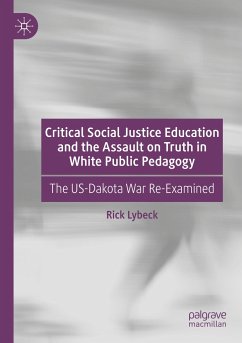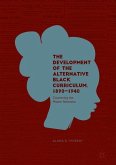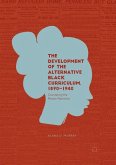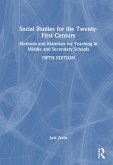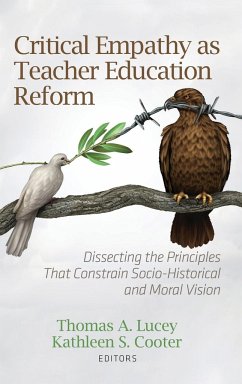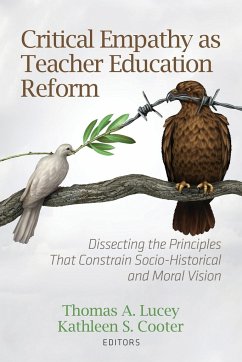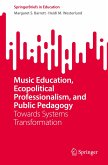This book explores tensions between critical social justice and what the author terms white justice as fairness in public commemoration of Minnesota's US-Dakota War of 1862. First, the book examines a regional white public pedagogy demanding "objectivity" and "balance" in teaching-and-learning activities with the purpose of promoting fairness toward white settlers and the extermination campaign they once carried out against Dakota people. The book then explores the dilemmas this public pedagogy created for a group of majority-white college students co-authoring a traveling museum exhibit on the war during its 2012 sesquicentennial. Through close analyses of interviews, field notes, and course artifacts, this volume unpacks the racial politics that drive white justice as fairness, revealing a myriad of ways this common sense of justice resists critical social justice education, foremost by teaching citizens to suspend moral judgment toward symbolicwhite ancestors and their role in a history of genocide.
Bitte wählen Sie Ihr Anliegen aus.
Rechnungen
Retourenschein anfordern
Bestellstatus
Storno

